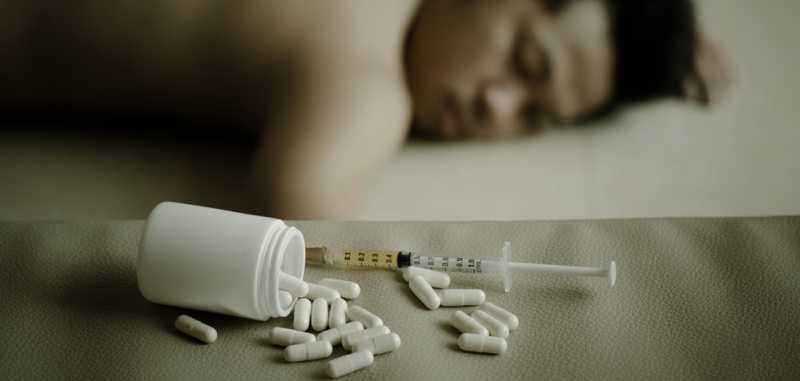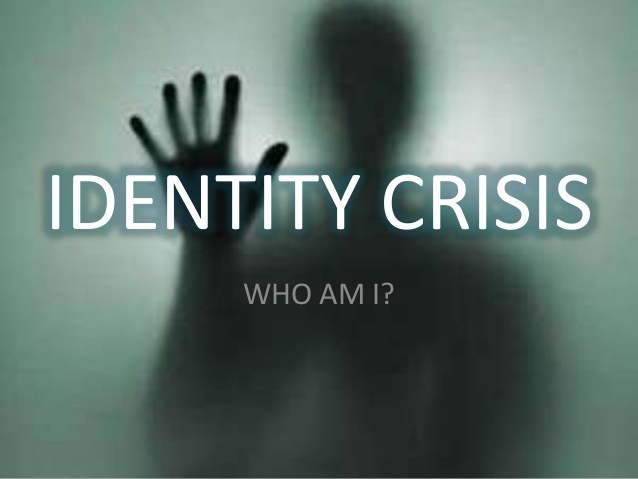
Substance Abuse
I am Yashwardan Goel, a 43-year-old cloth businessman. My son Shyamal, 21 years old, has been experimenting with a variety of drugs since the last 1 year. It started out with smoking cigarettes, then he had alcohol and yesterday he was smoking ganja. I have been asking him not to ruin his life in this manner but it seems that my pleas fall on deaf ears. I have been drinking alcohol since the age of 21 years but never experimented with any other drugs. I use alcohol only about 1-2 times in a week and on social occasions and festivals. Our whole family is upset by this behavior as discussions around this issue have been going on since the last 9 months. I am afraid that my son may become an “addict” one day. I do not know why he has turned to using drugs. Please advise me what to do.
The words “addict” and “addiction” often have pejorative connotations; they are also frequently trivialized and used to refer to ordinary activities like exercising and reading books. However, the term continues to have the core connotation of decreased control. Whether the society views drug use primarily as a moral or legal problem, when it creates difficulty for the user or ceases to be entirely volitional, it becomes the concern of one and all. There are multiple interacting factors which influence drug using behavior. Different factors may be more or less important at different stages. Drug availability, peer pressure and social acceptability may be the major determinants of initial experimentation but other factors like individual personality also plays a role. Use of less socially disapproved substances like tobacco, alcohol and cannabis (ganja) often precludes the use of more socially disapproved drugs like cocaine and opium. Therefore, they are also known as gateway drugs. The consumption of tobacco in a population can be altered by changes in the price and availability. When the availability is increased by increasing the number of outlets, consumptions tends to rise. When the cost is increased in relation to disposable income, consumption decreases. High availability areas increase the use and the chances of a relapse if an attempt to leave the addiction is done. This may also be associated with a demoralized school system and high crime rate – all of which serve to reduce the sense of hope and sense of self-esteem associated with resistance to use. Social and educational factors also help – those who find satisfying alternatives are more likely to abstain from drug use. The use of drugs can become so woven into the matrix of daily functioning that some users are reminded of these when performing ordinary tasks (like when having tea-breaks or before starting work). Stresses also act as cues that induce drug taking. Biological factors also play a role in the sense that children of people who consume drugs or alcohol are at a higher risk of developing addiction. The increased risk is partly due to environmental factors like parental modeling and partly due to genetic risk. A lot of psychological factors also play a role. People who abuse drugs may suffer from a tense depression that is alleviated by drug use or from impulsive pleasure seeking. The drug also helps them to manage painful emotions. Family dynamics can also influence the drug use. Sometimes the addiction provides a displaced focus for conflict among the family members and it may be needed to maintain the focus away from a real issue (financial difficulties, difficult marriage of parents). A high incidence of parental loss through divorce, death, overprotection or overcontrol by one parent (usually the mother), whose life is inordinately dependent on the behavior of the addicted offspring (symbiotic relationships); distant, cold, disengaged, or absent father (when the father is alive); defiant child who appears to be engaged with peers but remains unusually dependent on the family well into adult life (pseudoindependence). The actual family dynamics may be difficult to characterize. Some family members may be actually shielding the child from the consequences of the drug use (enabling) thinking it to be loving, supporting, accepting and protecting. The user may shift the responsibility on the family member who often seems willing to accept it. Some family members even deny the drug use as a problem and seem to pass it off as normal experimentation of youth or acceptable response to a stressful situation. They may be unwilling to accept outside intervention and despite repeated failures, continue to believe that greater will power and greater efforts at control can restore tranquility. When additional efforts at control fail, they often attribute the failure to themselves rather than to the addict and along with failure come feelings of anger, lowered self-esteem and depression. The drug use may disrupt the child’s ability to negotiate the developmental tasks of his age. Accidents and traumas are also more common.
What can you do?
The best methods that work target salient risk factors, are skill oriented, have sufficient intensity and duration, have follow-up and respect the socioeconomic and cultural reality of your family. Employ social learning methods. If you can change what he is exposed to and what he is learning from his environment, change will follow. The educational approach includes knowledge and attitude about drugs and their long-term effects, value and decision-making processes, social competency and skills as alternative methods of coping. Decrease the interpersonal conflicts in the family, help him to improve his academic functioning and involve him more in social activities. It may take him 6-12 months to stabilize, so, be patient, yet consistent. Improving communication systems within the family can be a great help. You can give him medications for a short while to help him tolerate the withdrawal effects of the drugs. It would also help to provide counseling for personality problems and depression. A multidimensional approach centered on the family would be the best help that you can give to your child.



